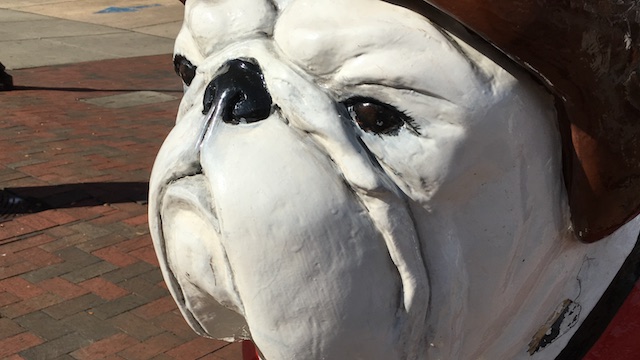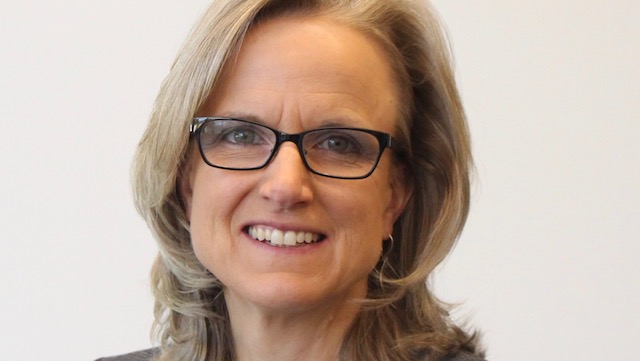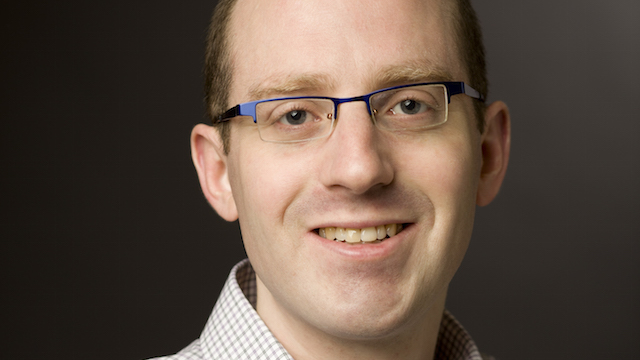Nearly four years ago, and ten years removed from college, I embarked on a project to help young journalists in ways I felt I had missed.
I started the “Telling the Story” blog and used one of my first posts to reflect on my college experience. I titled the entry, “Ten years later: what I learned (and didn’t learn) in J-school”. I spoke of how my time at Northwestern University did not prepare me for the day-to-day realities of TV news, nor did it prevent me from feeling overwhelmed at my first job. It did, however, encourage me to think big, both about and beyond my career, and I have never forgotten.
Of the hundreds of posts I have written, “Ten years later” remains among the most popular.
Now I have unveiled a new project: a book called The Solo Video Journalist. It also aims to assist young storytellers; it does so by providing a how-to guide to the fastest-growing position in our field. Nearly every broadcast journalist who enters the field today must shoot and edit his or her own stories; many embrace that challenge and turn it into an advantage. My book draws upon my experiences, as well as those of eleven other MMJs, to offer foundations and solutions to the unique challenges of the solo life.
I had not connected the book with this post until I was approached about re-publishing “Ten years later” for the web site School Video News, in conjunction with a review of my book.
But as I re-read the post, I see how true it remains — and how much it informs The Solo Video Journalist.
The post notes how no college experience can stop a young professional journalist from feeling overwhelmed. The book takes direct aim at that problem by working to make that life more manageable. Operating as a one-woman or one-man band can be daunting, especially while also adjusting to adulthood and figuring out the rest of one’s life. I want my book to help ease that transition, all while encouraging young journalists to think big about what they can accomplish in this profession.
As for this post, I am now four years removed from writing it — and 14 years removed from attending J-school — and I completely stand by it.
***
When people find out I work as a TV news reporter, they often ask where I went to college.
I tell them: “Northwestern University; the Medill School of Journalism.”
Then they ask: “Did you like it there?”
I tell the truth: “Absolutely.”
Then, assuming we do not start talking about the always-promising Northwestern football team, they usually say something along these lines:
“That’s a great school for journalism. You must have learned a lot there, right?”
I always give the short answer: “Yes.”
But I always wind up thinking later about how the long answer to that question is far more complicated.
This week marks a big anniversary for me. Ten years ago, I finished my last class at Northwestern. I graduated in June 2003, and I started working at my first TV station in July, but I left Northwestern’s lovely Evanston, Ill. campus in March, carrying all the ambition and eagerness expected of an aspiring journalist.
For a long time after I left, I thought mainly about what I had not learned — what I could not possibly have learned in my four years at journalism school.
(more…)








